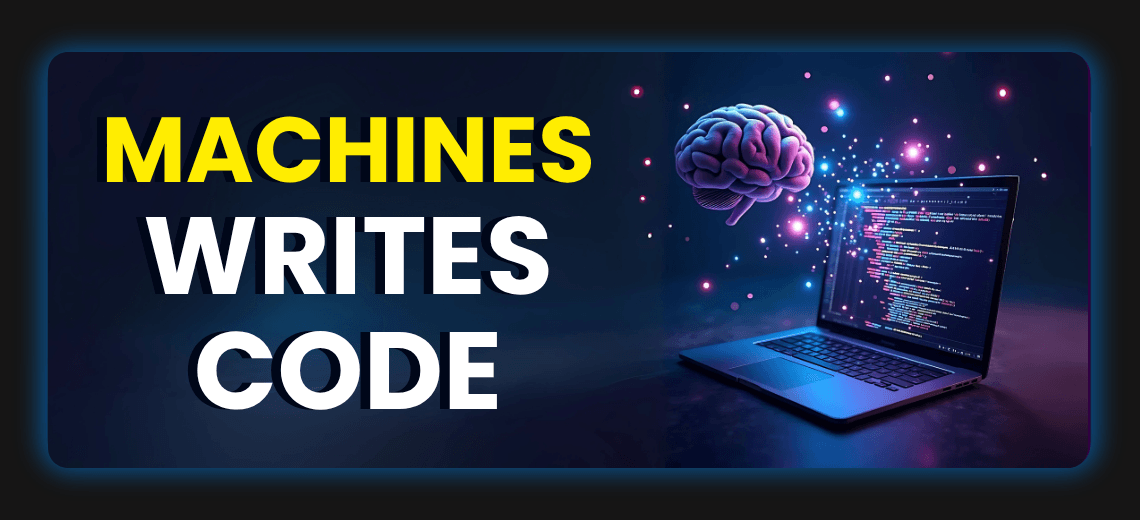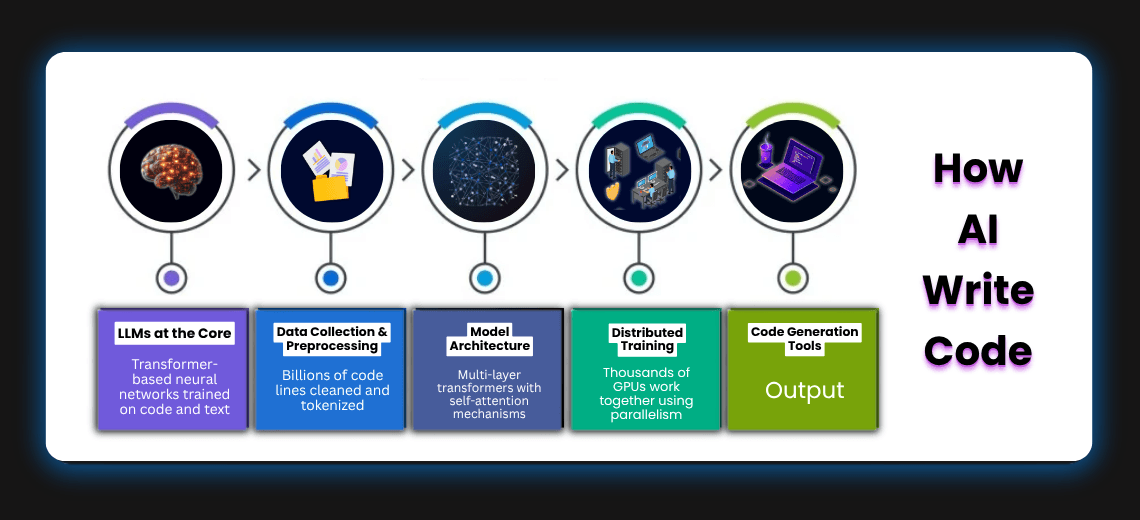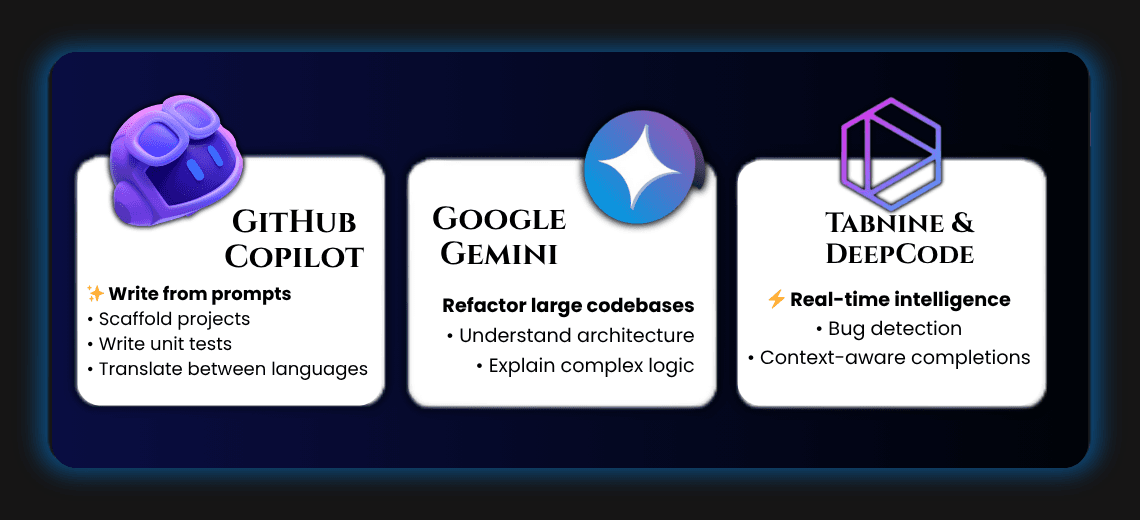
How Machines Are Writing Code
Artificial intelligence is fundamentally reshaping the world of software development. AI-powered tools like GitHub Copilot, OpenAI Codex, and Google Gemini are enabling developers to generate entire functions and scripts from simple, plain language prompts, making coding faster, smarter, and more accessible than ever before.
How AI Code Generation Tools Work
From Prompt to Production Code
Modern AI code generation tools leverage large language models (LLMs) trained on massive datasets of publicly available source code, documentation, and natural language text. When a developer enters a prompt such as “write a function to reverse a linked list in Python,” these models analyze the request, understand the intent, and produce relevant, syntactically correct code—often with comments and explanations.
Leading Tools in 2025
-
GitHub Copilot: Powered by OpenAI’s Codex and now supporting Google Gemini and other advanced models, Copilot suggests code completions, entire functions, and even documentation in real time across multiple programming languages.
-
OpenAI Codex: The backbone of several code assistants, Codex interprets natural language and generates code, supporting dozens of languages and frameworks.
-
Google Gemini: Integrated into platforms like GitHub Copilot and Google’s own Gemini Code Assist, Gemini 1.5 Pro offers multimodal understanding and can process and generate code at scale, supporting complex developer workflows.

The Technology Behind AI Code Generation
Large Language Models (LLMs)
At the heart of these tools are LLMs—deep neural networks based on transformer architectures. These models are trained on vast code repositories, technical documentation, and natural language data to learn programming syntax, logic, and best practices.
Training Process
Data Collection & Preprocessing: LLMs are trained on billions of lines of code from open-source projects, forums, and technical articles. Data is cleaned, tokenized, and structured for efficient learning.
Model Architecture: Transformer-based networks with hundreds of layers and attention heads allow the model to capture complex relationships in code and language.
Supervised Learning & Fine-Tuning: The model learns to predict the next token (word or symbol) in a sequence, gradually understanding code structure and intent. Fine-tuning with reinforcement learning from human feedback (RLHF) helps align outputs with developer expectations.
Distributed Training: Training these models requires immense computational resources, often distributed across thousands of GPUs using data and model parallelism for efficiency and scalability.

Real-World Use Cases and Impact
What AI Code Generators Do Best
Boilerplate Code Automation: Quickly generate repetitive code, such as API endpoints, data models, and UI components, freeing developers to focus on core logic.
Function and Script Generation: From sorting algorithms to data processing pipelines, AI can produce fully functional code blocks from brief descriptions.
Code Completion and Suggestions: Real-time auto-completion and context-aware suggestions help developers write code faster and reduce syntax errors.
Documentation and Explanation: Tools like Copilot and ChatGPT generate inline comments and documentation, making codebases more maintainable.
Debugging and Optimization: AI assists in identifying bugs, suggesting fixes, and recommending performance improvements.
Examples in Action
GitHub Copilot: Developers use Copilot to scaffold new projects, write unit tests, and even migrate code between languages, all from natural language prompts.
Google Gemini: With its long context window, Gemini can analyze and refactor large codebases, suggest architectural changes, and explain complex code sections.
Tabnine and DeepCode: These tools provide context-aware code completions and real-time bug detection, improving code quality and developer productivity.
Conclusion: The Future of Programming
AI code generation is no longer a futuristic concept—it is a daily reality for developers worldwide. By automating routine tasks and providing intelligent assistance, tools like Copilot, Codex, and Gemini are empowering developers to focus on creativity, problem-solving, and innovation. As LLMs continue to evolve, the boundary between human intent and machine-executed code will only become more seamless.
Embracing AI in coding is not about replacing developers, but about amplifying their capabilities and accelerating the pace of software innovation.